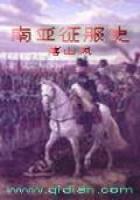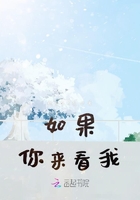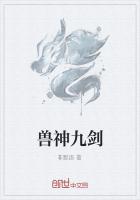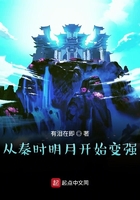OF THE NATURE, ACCUMULATION, AND EMPLOYMENT OF STOCKINTRODUCTION
IN that rude state of society in which there is no division of labour, in which exchanges are seldom made, and in which every man provides everything for himself, it is not necessary that any stock should be accumulated or stored up beforehand in order to carry on the business of the society.Every man endeavours to supply by his own industry his own occasional wants as they occur.When he is hungry, he goes to the forest to hunt; when his coat is worn out, he clothes himself with the skin of the first large animal he kills: and when his hut begins to go to ruin, he repairs it, as well as he can, with the trees and the turf that are nearest it.
But when the division of labour has once been thoroughly introduced, the produce of a man's own labour can supply but a very small part of his occasional wants.The far greater part of them are supplied by the produce of other men's labour, which he purchases with the produce, or, what is the same thing, with the price of the produce of his own.But this purchase cannot be made till such time as the produce of his own labour has not only been completed, but sold.A stock of goods of different kinds, therefore, must be stored up somewhere sufficient to maintain him, and to supply him with the materials and tools of his work till such time, at least, as both these events can be brought about.A weaver cannot apply himself entirely to his peculiar business, unless there is beforehand stored up somewhere, either in his own possession or in that of some other person, a stock sufficient to maintain him, and to supply him with the materials and tools of his work, till he has not only completed, but sold his web.This accumulation must, evidently, be previous to his applying his industry for so long a time to such a peculiar business.
As the accumulation of stock must, in the nature of things, be previous to the division of labour, so labour can be more and more subdivided in proportion only as stock is previously more and more accumulated.The quantity of materials which the same number of people can work up, increases in a great proportion as labour comes to be more and more subdivided; and as the operations of each workman are gradually reduced to a greater degree of simplicity, a variety of new machines come to be invented for facilitating and abridging those operations.As the division of labour advances, therefore, in order to give constant employment to an equal number of workmen, an equal stock of provisions, and a greater stock of materials and tools than what would have been necessary in a ruder state of things, must be accumulated beforehand.But the number of workmen in every branch of business generally increases with the division of labour in that branch, or rather it is the increase of their number which enables them to class and subdivide themselves in this manner.
As the accumulation of stock is previously necessary for carrying on this great improvement in the productive powers of labour, so that accumulation naturally leads to this improvement.
The person who employs his stock in maintaining labour, necessarily wishes to employ it in such a manner as to produce as great a quantity of work as possible.He endeavours, therefore, both to make among his workmen the most proper distribution of employment, and to furnish them with the best machines which he can either invent or afford to purchase.His abilities in both these respects are generally in proportion to the extent of his stock, or to the number of people whom it can employ.The quantity of industry, therefore, not only increases in every country with the increase of the stock which employs it, but, in consequence of that increase, the same quantity of industry produces a much greater quantity of work.
Such are in general the effects of the increase of stock upon industry and its productive powers.
In the following book I have endeavoured to explain the nature of stock, the effects of its accumulation into capitals of different kinds, and the effects of the different employments of those capitals.This book is divided into five chapters.In the first chapter, I have endeavoured to show what are the different parts or branches into which the stock, either of an individual, or of a great society, naturally divides itself.In the second, Ihave endeavoured to explain the nature and operation of money considered as a particular branch of the general stock of the society.The stock which is accumulated into a capital, may either be employed by the person to whom it belongs, or it may be lent to some other person.In the third and fourth chapters, Ihave endeavoured to examine the manner in which it operates in both these situations.The fifth and last chapter treats of the different effects which the different employments of capital immediately produce upon the quantity both of national industry, and of the annual produce of land and labour.
CHAPTER I
Of the Division of Stock WHEN the stock which a man possesses is no more than sufficient to maintain him for a few days or a few weeks, he seldom thinks of deriving any revenue from it.He consumes it as sparingly as he can, and endeavours by his labour to acquire something which may supply its place before it be consumed altogether.His revenue is, in this case, derived from his labour only.This is the state of the greater part of the labouring poor in all countries.
But when he possesses stock sufficient to maintain him for months or years, he naturally endeavours to derive a revenue from the greater part of it; reserving only so much for his immediate consumption as may maintain him till this revenue begins to come in.His whole stock, therefore, is distinguished into two parts.















